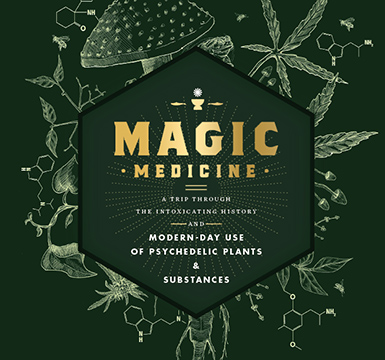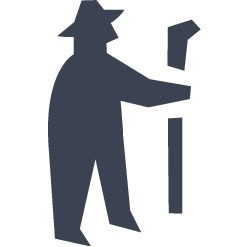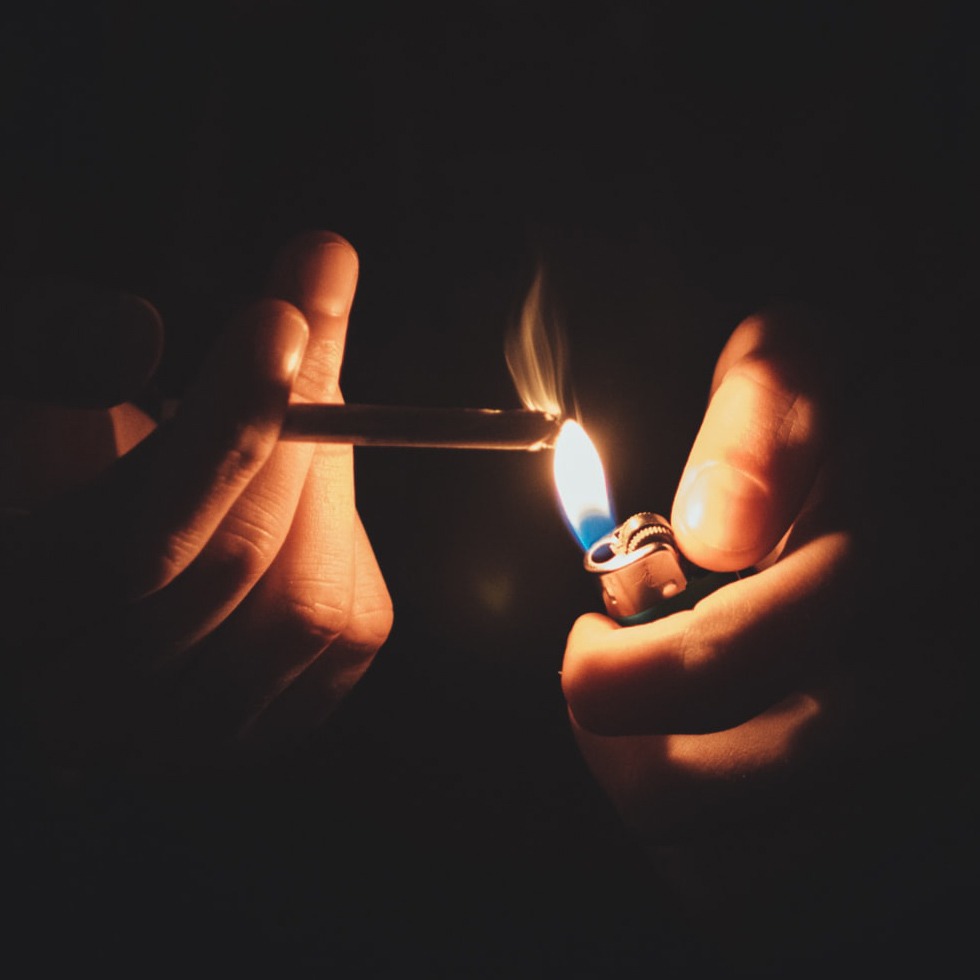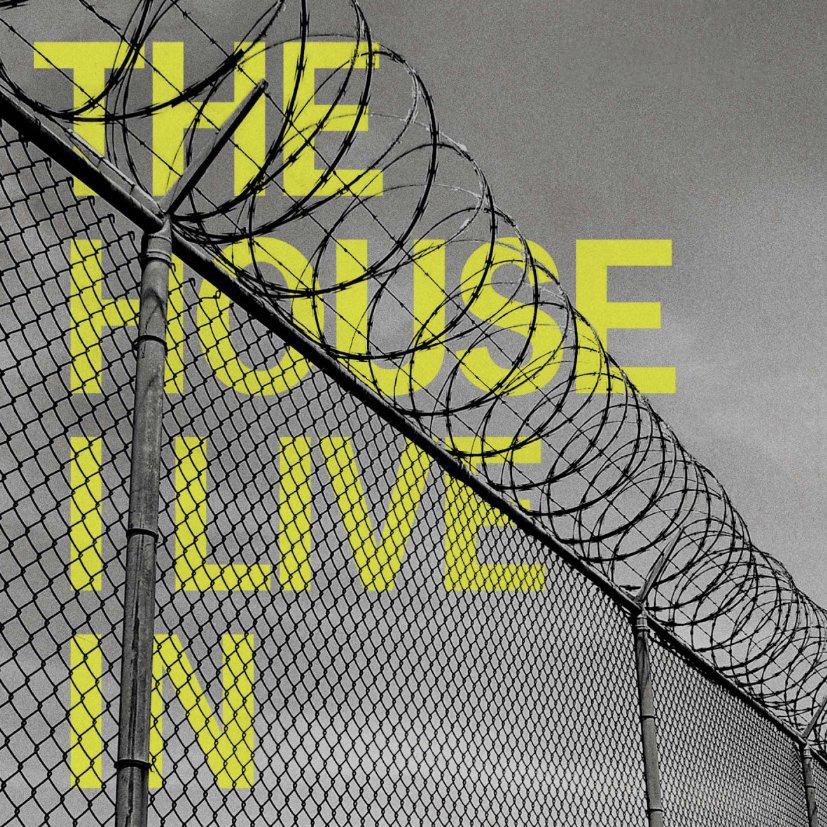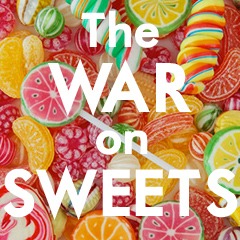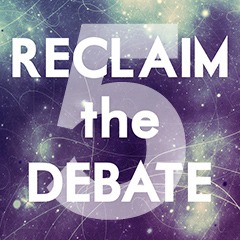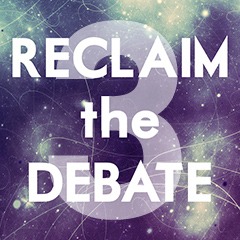This is the conclusion of a six-part series about the Prohibition debate. You can check out Parts 1, 2, 3, 4, and 5, though they are not necessary for understanding this post. In Part 5 I discussed cognitive liberty as a basic human right, and in this final section I review the questions we should be asking about drug policy.
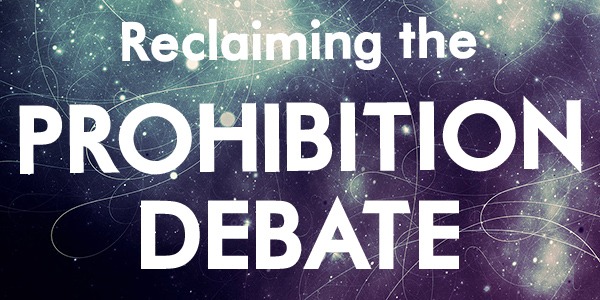
Legality does not constitute endorsement
Prohibition supporters often say that repealing prohibition would “send the wrong message” to America’s youth. But the legislative body is not in the business of sending messages. We do not pass laws to communicate how people should be living their lives, but to forbid certain aggressive behaviors that harm others.
Let’s treat existing drug laws for what they are: aberrations that invade our privacy and degrade our dignity as self-directed beings.
Once again we are asking the wrong questions. We shouldn’t ask whether the government should endorse drug use; of course it shouldn’t (with the exception of medicine). The relevant question is whether drug users deserve to be disenfranchised and impoverished as they are today.
Prohibition is a long-standing injustice
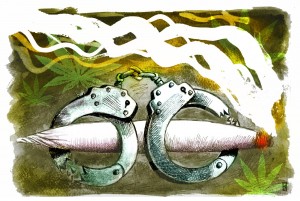
Art by Paul Lachine
The fact that cannabis is outlawed in this country is incidental, circumstantial, an accident of history. Because the possession and sale of this plant has been illegal for so long, we treat its prohibition as normal and natural.
But as I explained in Part 5, nothing is naturally illegal. This is very important: all laws, all regulations, all prohibitions were willed into being because we agreed that they gave us more freedoms. But some laws abolish more freedoms than they grant. These laws never become just, no matter how ingrained in society they become. Let’s treat the existing drug laws for what they are: long-standing aberrations that invade our privacy and degrade our dignity as self-directed beings. Every second they linger is an added disgrace on our moral record.
“Should we legalize cannabis?” This question treats legalization as an action, a great disruption to the status quo. It rubs our Puritan sensibilities the wrong way, and we are inclined to answer No.
[pullquotecenter]”Decriminalization” is a halfway solution that leaves the drug trade in a legal grey area and does not resolve the problems associated with unregulated black markets.[/pullquotecenter]
But really, ending prohibition it is the undoing of an unjust punishment. For this reason, “repealing prohibition” is more accurate than “legalization.” “Decriminalization” would also work, but that term is already used to mean reducing drug offenses to finable civil offenses rather than lifting prohibition altogether. This halfway solution leaves the drug trade in a legal grey area and does not resolve the problems associated with unregulated black markets.
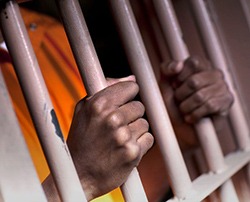 Drugs cannot be introduced to society since they are already widespread. We cannot stop drug users from using drugs. Besides, the stigma and the punitive laws cause more damage than the drugs themselves. Ironically, of the three – social stigma, punitive drug laws, and drugs – the two we have the most control over are the two we are pursuing the least.
Drugs cannot be introduced to society since they are already widespread. We cannot stop drug users from using drugs. Besides, the stigma and the punitive laws cause more damage than the drugs themselves. Ironically, of the three – social stigma, punitive drug laws, and drugs – the two we have the most control over are the two we are pursuing the least.
These objections are not merely semantic; they are central to debates about drug policy. Drug users lose their money, their dignity, and their freedom. Their families are torn apart. It doesn’t end with the prison sentence — upon his release, a convict’s criminal record follows him everywhere. Employers turn him down, and many federal programs, including financial aid for schooling, are unavailable to him. Having been condemned to poverty and unemployment, many people in this position turn to a life of crime.
So instead of asking if we should legalize a plant (or other substances), let’s ask the real question. Can we justify the loss of money, liberty, and opportunity being inflicted on drug users and their families? This puts the focus back on the actual issue: the rights and liberties of human beings.
What now?
If you agree with the criticisms made in this series, please share your views with others. By inviting discussion and sharing new perspectives, we can open people’s eyes to how broken the current system is. Consider the words of Howard Zinn:
We were not born critical of existing society. There was a moment in our lives (or a month, or a year) when certain facts appeared before us, startled us, and then caused us to question beliefs that were strongly fixed in our consciousness – embedded there by years of family prejudices, orthodox schooling, imbibing of newspapers, radio, and television. This would seem to lead to a simple conclusion: that we all have an enormous responsibility to bring to the attention of others information they do not have, which has the potential of causing them to rethink long-held ideas.
We need more people like Howard Zinn—and Michelle Alexander, Noam Chomsky, Alan Watts, and countless other “questioners” who cast a critical eye on our society. There are crusaders in every era of American history—people who challenge the official story and petition for human rights long before it is popular. They were the slavery abolitionists in 1860, the suffragettes in 1900, and the civil rights protesters in 1960. Today, we are fighting for an end to the War on Drug Users. Which side of history are you on?
Liked this post? Subscribe to my RSS feed to get much more!

